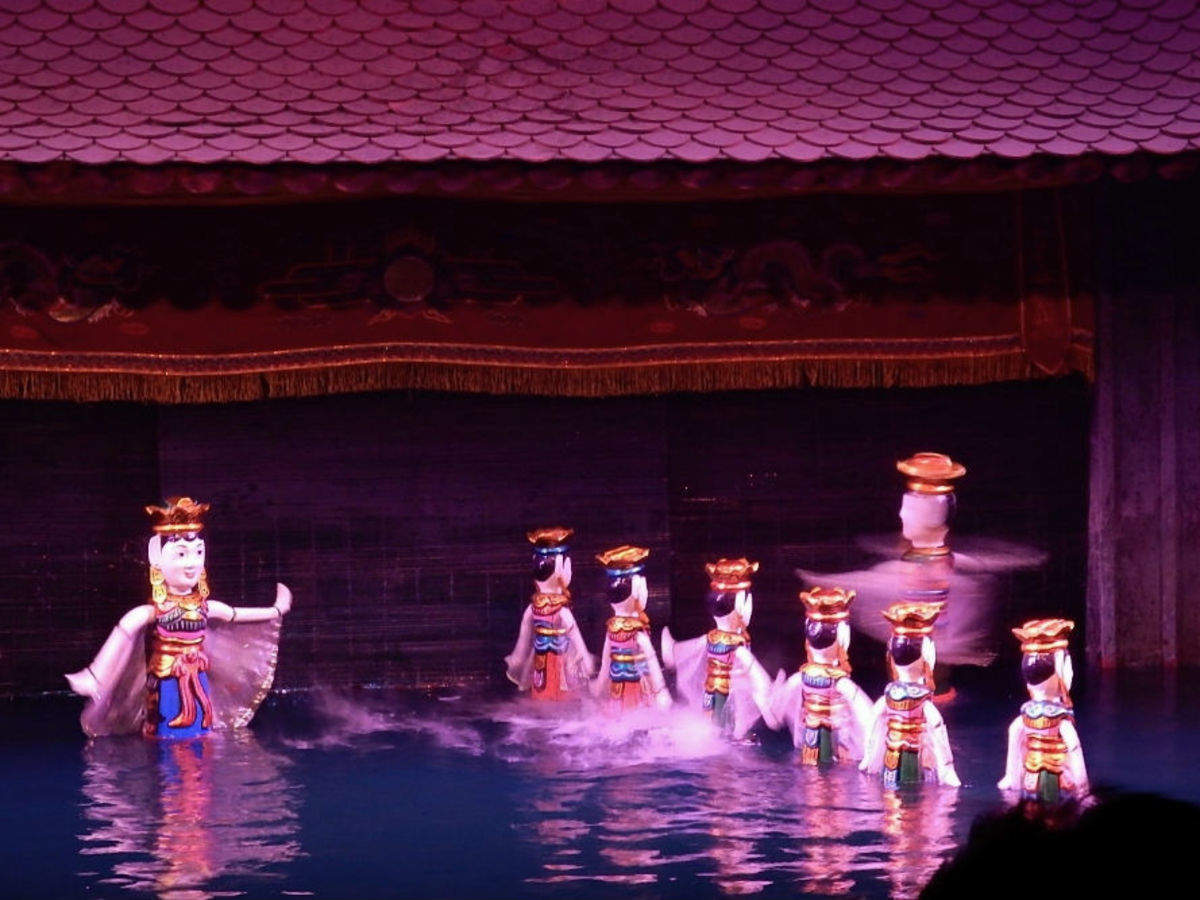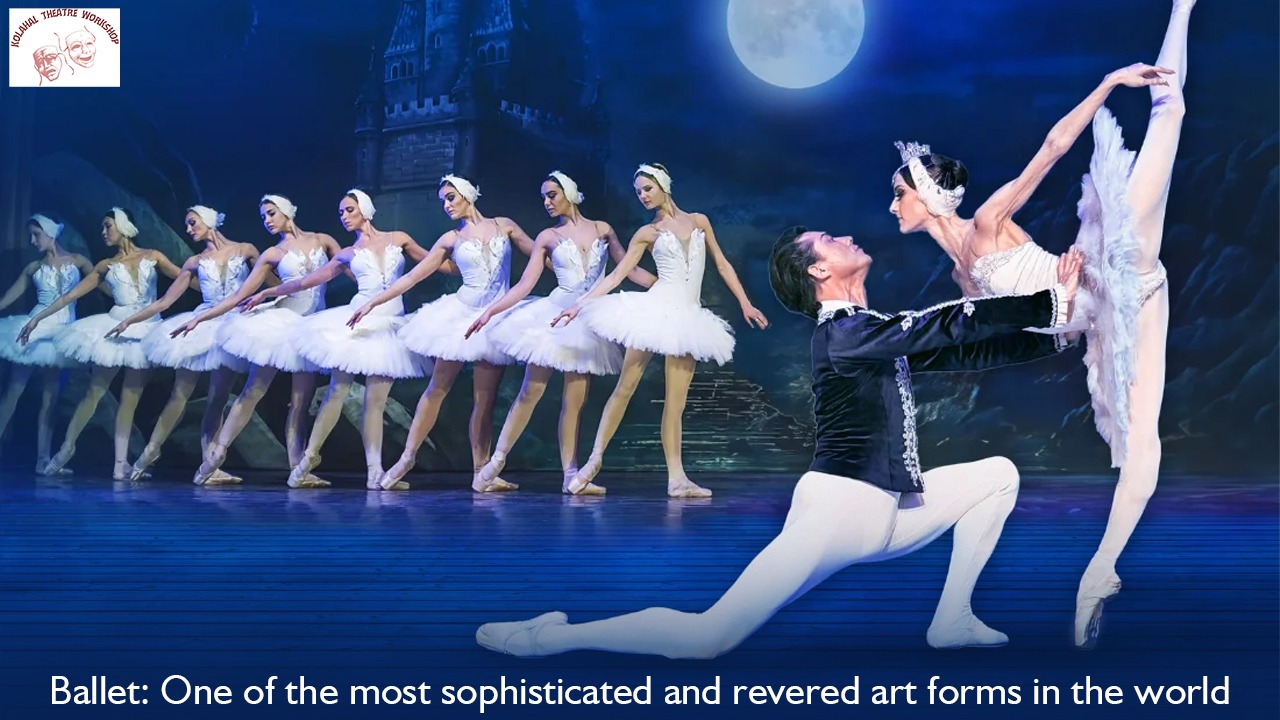PUPPET THEATER- ANIMATING THE INANIMATE

INTRODUCTION ON PUPPET THEATER- ANIMATING THE INANIMATE
PUPPET THEATER- ANIMATING THE INANIMATE-
Indian puppetry is a subject as varied as the many cultural traditions of the Indian subcontinent. Several regional genres make puppetry one of the richest heritages of India. Though there is enormous diversity, there are common traits.
According to one legend, the creator Brahma gave life to the Adi ,0the first nat puppeter. Thus created the first puppet for the entertainment of his wife Saraswati. Not satisfied with his work, Brahma banished the puppeteer to earth, starting the line of nat bhatt puppeteers. This legend applies most probably to the Rajasthani tradition because nat bhatt being the name of the puppeteer cast from this region. An alternative legend has as protagonist the god Shiva and his wife Parvati. An artisan manufactured two wooden dolls. It eventually captured the attention of Parvati. The goddess and her divine companion entered the dolls and started an exquisite dance; Puppeteers use their hands to control the movements of the puppets.. Above all the puppeteer himself/herself lends voice to the character. However, they also perform on a recorded soundtrack.
HISTORY OF PUPPET THEATER- ANIMATING THE INANIMATE
India has a long tradition in puppetry.
Puppetry is a very ancient form of theater . It was firstly recorded in the 5th century B.C in ancient Greece. However some believe puppetry may have originated in 3000 B.C. All forms of puppetry involves the process of animating inanimate performing objects. Eventually to tell a story and Works like the Natya-Shastra and the Kama-Sutra elaborate on puppetry in some detail. Throughout the history of puppetry, some specific puppets became international icons in the age of television, including Howdy Doody, Lamp Chop, and Jim Henson’s Muppets. Puppet theater has an mythological impact on the Indian culture and art forms .
TYPES OF PUPPETS :
India has a wide variety of types and styles of puppets.
As we’ll see, there are different types of puppets. Here’s a list of the most commonly used:
- Finger Puppets
- Hand Puppets
- Glove Puppets
- Shadow Puppets
- Rod And Arm Puppets
- Marionettes
- Stick Puppets
- Ventriloquist Puppets
- Sock Puppets
- Your Hand (decorated with eyes and clothing).
Marionettes – full-length figures controlled by strings. This type of puppet originated in the 1800s.
Rod Puppets – A figure operated from beneath by means of wooden or metal rods. Firstly, employed in Europe only from the middle of the 20th century. At its simplest the rod puppet is a basic marotte or stick puppet operated with a single rod.
Hand Puppets – Also known as glove-puppets and worn over the hand and made from cloth and controlled by the hand that fits into it. Fingers fit into the head and arms of the puppet in addition allowing a person to control its movement.
Flat Figure Puppet – Two-dimensional. operated from above, like marionettes, firstly originated in England for use in toy theatres.
Shadow Puppets – Flat cut outs placed between the screen and the light therefore creating a shadow on screen. after that the movement of the cut outs creates moving shadows on screen
Bunraku Puppets – Dismantled parts of the puppet body operated by 2-3 puppeteers. In addition the puppeteers also perform on stage.
CONCLUSION
There are several traditional puppet genres in India , but it conveys the main features of this theatre form. Puppetry is a0. means of entertainment and a form of cultural and religious dissemination. In the post-colonial period, the high-speed modernization wave that invested India put many of the puppetry traditions at risk of extinction; several government and private initiatives contributed to save endangered styles, but many are still struggling to survive in the age of internet.
Besides traditional puppetry, India is home to a lively contemporary scene. So far modernity threatened the very survival of traditional puppetry, but a more conscious use of contemporary means and opportunities is actually the key to preserve this rich heritage of India.




I think the admin of this web site is truly working hard in favor of his site, as here every material is quality based stuff. Thea Abbie Isa
Asking questions are really fastidious thing if you are not understanding anything completely, however this article gives nice understanding yet. Lyndsie Quinn Burkitt
Interesting post. I have always used italics for internal thoughts. Benedetta Dill Simmonds
You actually make it seem really easy with your presentation however I in finding this matter to be really something that I believe I would never understand. It kind of feels too complex and very large for me. I am looking forward in your subsequent publish, I will attempt to get the hang of it! Tessie Blayne Dennie
Thanks to my father who informed me regarding this website, this blog is truly amazing.
Lookerson see most of the game.
He who pays the piper calls the tune.
Women must have their wills while they live because they make none when they die.
Where there is no trust there is no love.
Patience is the key to paradise.
A great book is a great evil.
You must not enthrone ignorance just because there is much of it.
It takes two to make a bargain.
He that is doing nothing is seldom in need of helpers.
He who refuses to obey cannot command. Kikuyu Kenya
What’s done cannot be undone.
Have you ever considered creating an ebook or guest authoring on other websites?
I have a blog based on the same ideas you discuss and would love to have you share some stories/information. I know
my readers would enjoy your work. If you’re even remotely interested, feel free to shoot me an e-mail.